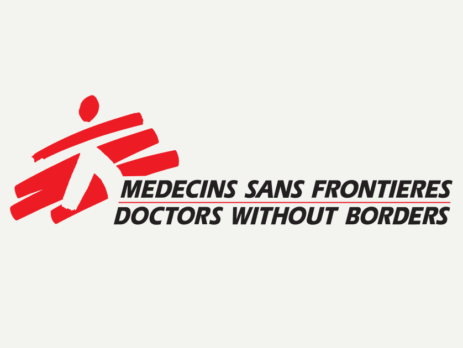Doctors Without Borders (Médecins Sans Frontières, or MSF) is an international medical humanitarian organization that has been providing life-saving medical care to people in crisis since its founding in 1971. With a mission to deliver impartial medical aid to those most in need, MSF operates in regions affected by armed conflicts, epidemics, natural disasters, and other emergencies, irrespective of political, religious, or social factors. Through its selfless commitment and medical expertise, MSF plays a vital role in bridging gaps and saving lives in some of the most challenging environments around the world.
One of the primary objectives of MSF is to provide medical care to populations affected by armed conflicts and violence. Operating in areas where healthcare infrastructure may be severely damaged or non-existent, MSF teams establish field hospitals and health centers to treat the wounded and those suffering from diseases exacerbated by conflict. These medical interventions not only save lives but also alleviate the immense suffering caused by violence and war.
MSF is also at the forefront of responding to disease outbreaks and epidemics. During outbreaks such as Ebola, cholera, and malaria, MSF mobilizes teams of medical professionals to contain the spread of the disease and provide essential medical care to affected communities. By deploying rapidly and implementing containment strategies, MSF helps prevent further transmission and reduce the impact of infectious diseases on vulnerable populations.
Natural disasters can have devastating consequences for communities, leaving thousands in urgent need of medical assistance. MSF deploys emergency response teams to provide medical aid and support in the aftermath of earthquakes, hurricanes, floods, and other disasters. These medical teams address injuries, provide essential medical services, and prevent the outbreak of diseases that often accompany such catastrophic events.
In addition to providing direct medical care, MSF plays an essential role in advocating for improved access to healthcare and the protection of vulnerable populations. Through its research and public awareness campaigns, MSF sheds light on neglected health issues and challenges governments and international organizations to address critical gaps in healthcare services. By raising awareness about the plight of those affected by conflict, displacement, and epidemics, MSF advocates for better humanitarian responses and increased support for affected populations.
Furthermore, MSF is renowned for its commitment to impartiality and independence. It operates based on the principles of neutrality, impartiality, and medical ethics, ensuring that its actions are guided solely by medical needs and the best interests of the patients. This approach enables MSF to gain the trust of communities and governments, facilitating its access to populations in need and allowing it to provide medical care in even the most challenging and sensitive contexts.
In conclusion, Doctors Without Borders embodies the spirit of humanitarianism and solidarity, delivering medical aid and hope to the most vulnerable and marginalized populations around the world. By providing life-saving medical care, responding to disease outbreaks and epidemics, addressing the consequences of armed conflicts and natural disasters, and advocating for improved healthcare access, MSF remains at the forefront of global health and humanitarian efforts. Its commitment to impartiality and independence makes it a trusted and indispensable partner in addressing the most urgent medical needs and bridging gaps in healthcare systems worldwide.

